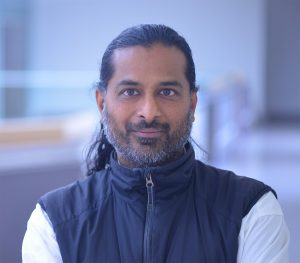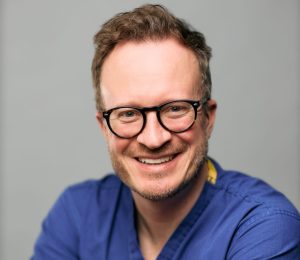About the Course
There is a wide choice of subjects to suit individual students, ranging across Neuroscience, Psychology of Emotion and Motivation, Human Physiology, Immunology, and Molecular Medicine to give just a few examples.
All medical students at Oxford simultaneously study for an Honours Degree in Medical Sciences and an Honour Degree in Medicine. It is important to point out this requirement because it means that the course in Oxford is six years, with the extra year being designed to lay the foundations of a scientific approach to Medicine.
The first five terms of the medical course are organised into six overlapping courses:
- Organisation of the Body
- Physiology and Pharmacology
- Biochemistry and Medical Genetics
- Applied Physiology and Pharmacology
- The Nervous System
- Principles of Pathology
These involve all the pre-clinical departments and provide an integrated base of professional knowledge which is examined at the end of the third and fifth terms in the medical qualifying examination (1st BM). Informal tests during the five terms are used to ensure that any difficulties students may encounter are dealt with swiftly. During the remaining four terms of the course students choose from a wide range of topics among the scientific disciplines on which Medicine is based, and on which research is actively being carried out in the pre-clinical departments at Oxford.
There is a wide choice of subjects to suit individual students, ranging across Neuroscience, Psychology of Emotion and Motivation, Human Physiology, Immunology, and Molecular Medicine to give just a few examples. Chemical Pharmacology and the History and Philosophy of Science are also offered as supplementary options. It is possible to undertake cutting edge research by taking part in the laboratory investigations of relevant University-based scientists and by preparing a project dissertation as part of the final examination. By the time the final examinations are taken, at the end of the first three years, students have an impressive grasp of the critical and imaginative mental disciplines needed to equip the future doctor in an increasingly technical and scientific world.
After obtaining an Honours Degree, medical students move on to undertake their clinical training in the Oxford Clinical School.
As with all other subjects at Oxford, teaching is based on the weekly tutorials given by the College’s medical tutors to individual students, or to small groups of students. Work must be prepared in advance, and in each tutorial students discuss their conclusions and any difficulties which have arisen. In addition, lectures and practical classes are held in the University departments for students from all colleges; these make up a large proportion of the timetable in the first five terms but diminish in importance later, as more time is devoted to private study in the University, College libraries, and scientific laboratories.
At Jesus we aim to make the course interesting, enjoyable and also challenging so that our medical students develop high levels of self-motivation. The welfare of our students is paramount, and we make particular efforts to match a variety of teaching methods to individual students’ needs along with regular contact with the tutors. We encourage the arrangement of teaching by specialists outside the College when required, and contacts with hospital medicine through the Clinical Fellow and Lecturers attached to the College.
The full range of teaching is available in the College through the Medical Fellow and associated Lecturers. Unusual amongst Colleges, we have a Clinical Fellow – based at the John Radcliffe Hospital – who undertakes regular, tutorial-style meetings with students during their clinical years.
Medical students are probably required to work harder than students reading for most other degrees, largely because they have to take professional qualifying examinations as well as the Honours Degree. This does not in any way preclude participation in the usual varied activities that characterise College and University life, although it does put an extra burden on a person’s stamina and ability to organise his or her time efficiently.






